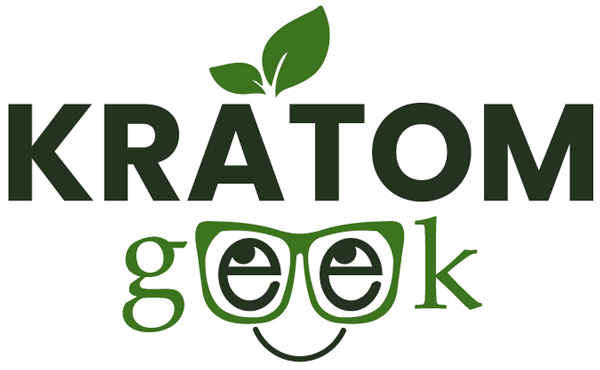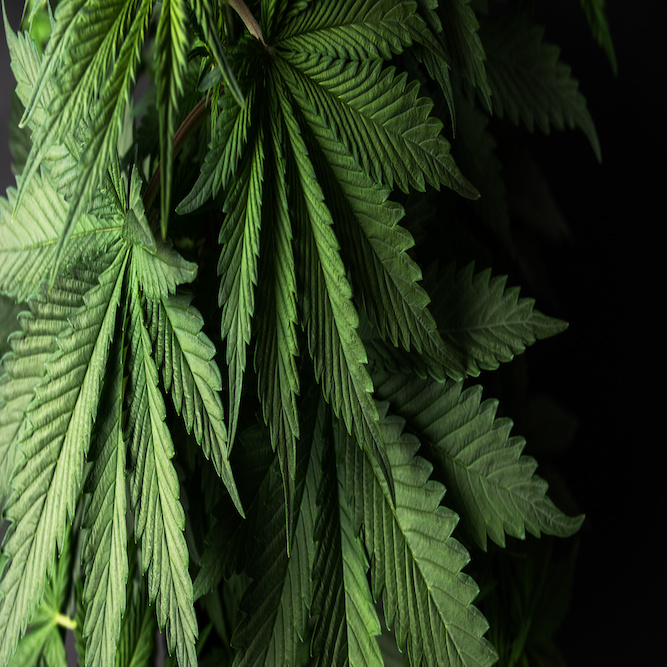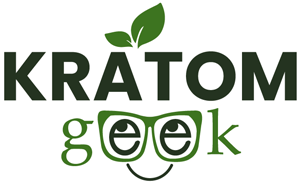Within the past few years, the United States government paved the way for a new agricultural commodity to join the ranks of legal plants by differentiating industrial hemp from its distant cousin: marijuana. The two plants are related to one another since each plant is a member of the Cannabis sativa family. However, on a molecular scale, the two plants have significant differences. The main thing separating them from one another is the amount of tetrahydrocannabinol (THC) found in both plants. Marijuana can have various concentrations of THC, depending on the specific strain or variety. But for the most part, the average amount of THC found in marijuana is approximately 15%. However, some kinds of pot have a THC content of over 30%.
On the flip side of that coin, industrial hemp has a low concentration of THC. Honestly, the THC in the plant is almost nonexistent. For cannabis to get classified as hemp, it must have less than .03% THC, making it technically impossible for you to get high from smoking or ingesting it. But that’s the entire point of hemp. Farmers grow the plant for industrial purposes: textiles, clothing, biofuel, etc. So any intoxicating properties from the plant are unnecessary.
However, a new profitable market developed from the industrial hemp industry within the past few years. Entrepreneurs began marketing the plant for all the other molecules found inside it. And the cannabinoid craze reached the consumers shortly after.
Delta-8 Is a Cannabinoid
The first chemical compound that comes to mind when someone broaches the subject of the benefits of cannabis is a molecule called tetrahydrocannabinol (THC). It’s the molecular compound that’s responsible for producing the intoxicating effects associated with marijuana. However, there is a long list of other compounds found in cannabis that also provide remedial benefits. At the present moment, scientists have discovered that over 100 individual cannabinoids exist in the cannabis plant.
Other than THC that we’ve become accustomed to hearing about, the second most famous cannabinoid is undoubtedly CBD. The CBD market has taken the world by storm. .
Still, other cannabinoids have gotten announced on the world stage since then. We’ve witnessed products containing CBN, CBG, CBC, CBL, and CBV. And those cannabinoids don’t even scratch the surface of the molecules discovered.
Yet, another obscure cannabinoid has become quite the celebrity molecule during the past year. The hemp community started to realize the potential of delta-8-tetrahydrocannabinol (delta-8-THC). And no, delta-8-THC is not the same as the THC found in weed. That would be delta-9-THC.
Delta-8 Is a THC Analog
When talking about THC in cannabis, one refers to the molecule delta-9-tetrahydrocannabinol, which is illegal in the United States. However, there are multiple analogs (molecularly similar chemical compounds) that fall under the THC class. But the odd thing is that even though society associates delta-9-tetrahydrocannabinol as the illegal substance found within marijuana, you cannot find the molecule inside the living plant material. Instead, the cannabis plant produces a molecular compound called tetrahydrocannabinolic acid (THCA). And that cannabinoid is non-psychoactive. However, whenever the molecule goes through a decarboxylation process (applying high temperatures to the cannabis plant), the THCA changes from an acid state to a neutral state and becomes delta-9-tetrahydrocannabinol.
Likewise, delta-8-THC results from an additional chemical process of oxidation that occurs on the delta-9-THC molecule. Unfortunately for individuals who prefer delta-8, not all of the THC converts over in the process. By concentration, only a minuscule 1% exists within cannabis. So, from a technical standpoint, there’s not enough of that cannabinoid present to have any effect on the user. So, instead of the cannabis industry seeking to isolate the compound from the plant material, delta-8-THC is synthetically converted from CBD.
However, the chemical synthetization of the CBD compound results in the same molecule. The compound remains identical to the delta-9 molecule found naturally in the cannabis plant. There are no structural differences. So the process doesn’t produce a synthetic cannabinoid. The only difference is the amount found in the concentrate compare to that found naturally inside buds.
Is Delta-8 Safe?
There is an overall consensus on the subject of delta-8 by scientists that research cannabis compounds. The majority agree that taking delta-8-THC remains a safer alternative than using delta-9-THC. The combined feelings and side effects from delta-8 transpire more mildly and pleasantly than its THC compound cousin. In fact, a few researchers in Israel conducted a study in 1995 that proved that delta-8 was not only safer than delta-9-THC, but the substance was also mild enough to be given to children who were undergoing cancer treatments.
Delta-9-THC is the most potent cannabinoid. Yet, it carries no risk of overdose. The delta-8 compound is nowhere near its level. So there should be no fears about using the substance either recreationally or for its medicinal properties, the effects of delta-8 are different than smoking weed. Delta-8 might help you relax or go to sleep, but it won’t get you high like smoking marijuana.
Is Delta-8 Legal?
Before Congress passed the 2018 Farm Bill, they considered all Cannabis sativa plants as illegal, regardless of their genetics. But our elected officials wanted to give the US farming community the ability to prosper from growing industrial hemp. After all, it was once America’s number one cash crop back in its heyday.
So our government finally took the initiative to differentiate between marijuana and hemp. And to do such, they specified one cannabinoid found primarily in marijuana for classification as a controlled substance. And that molecular compound is delta-9-THC. Still, the Farm Bill even made an exception for any traces of that THC compound. According to the bill, THC levels below .03% threshold are legal. And that’s because industrial hemp contains those minute amounts of the molecular structure.
However, the legislation clearly indicates that all cannabinoids found in industrial hemp are not Federally illegal. So since delta-8-THC remains a distinct cannabinoid from delta-9-THC, there are no federal laws that prevent you from purchasing, consuming, or possessing the substance. And there are plenty of companies online where you can buy delta-8. Even local smoke shops, head shops, and CBD businesses carry delta-8 cartridges for sale in their stores. Most kratom vendors have begun stocking them, too.
There may come a time in the future when the federal government tries to ban it. But currently, no law exists to hinder you from enjoying its beneficial properties.






